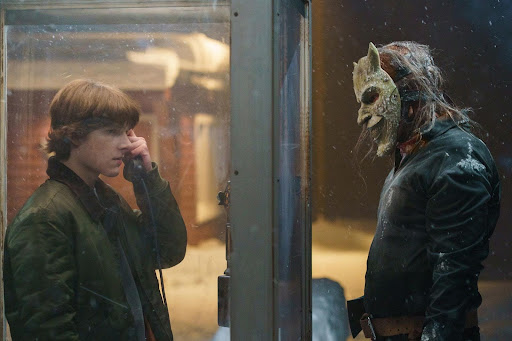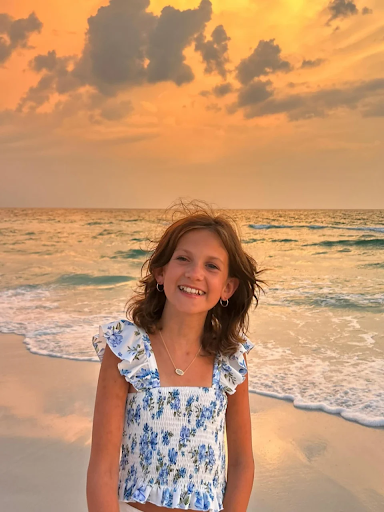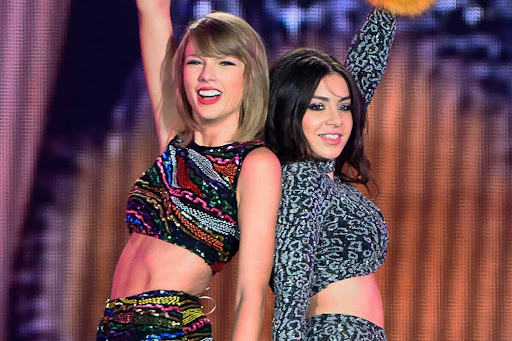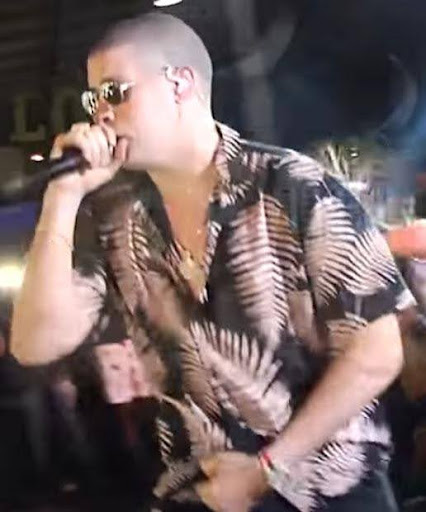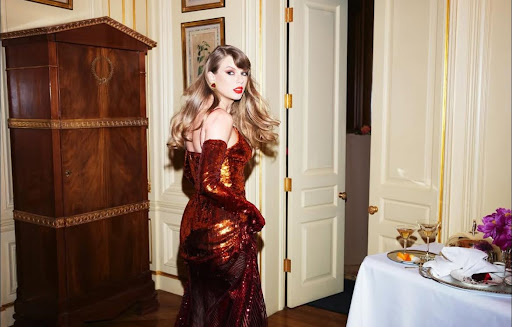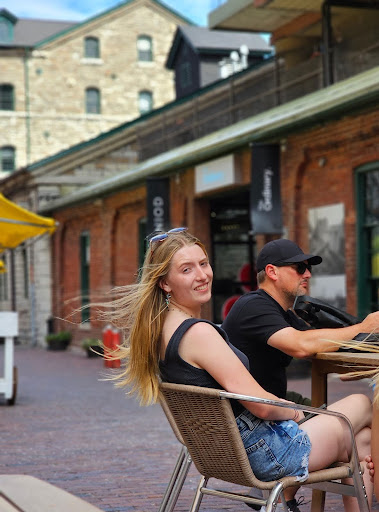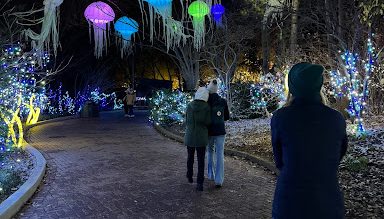
The holiday season is commonly referred to as “the most wonderful time of the year”. It’s a time of family, giving, gifts and above all, joy. The anticipation creates a vibrant tension throughout the period. During this time, most people seem happier and excited for the holiday(s) to come in their family. This makes it even more noticeable when a person doesn’t seem as excited for the upcoming season.
In reality, the holiday season can be depressing, stressful, and anxiety-inducing for many. In the U.S. alone, 64% of people with mental illnesses say that the holidays make their conditions worse and a different study done by NAMI (National Alliance on Mental Illnesses) showed that 89% of adults in the U.S. felt stressed during the holiday season.
“For many people, the holiday season is not always the most wonderful time of the year,” NAMI medical director Ken Duckworth says. (This was in an interview before the pandemic.) “What the survey shows is a tremendous need for people to reach out and watch out for each other in keeping with the spirit of the season.”
Now, let me be clear, “holiday blues” or “holiday depressions” are not the same thing as depression or any mental illness. People with mental illnesses are more prone to getting “holiday blues” but anyone can get it during the holidays. There is so much demand on people during the holidays: gatherings, decorating, family, forced cheer, and so many more stressors. These overwhelming feelings during the holidays are not uncommon. Be sure to watch for the signs of “holiday depression” and understand that it won’t last for an extended period of time; If it does, then perhaps it’s not just a case of the “holiday blues.”

